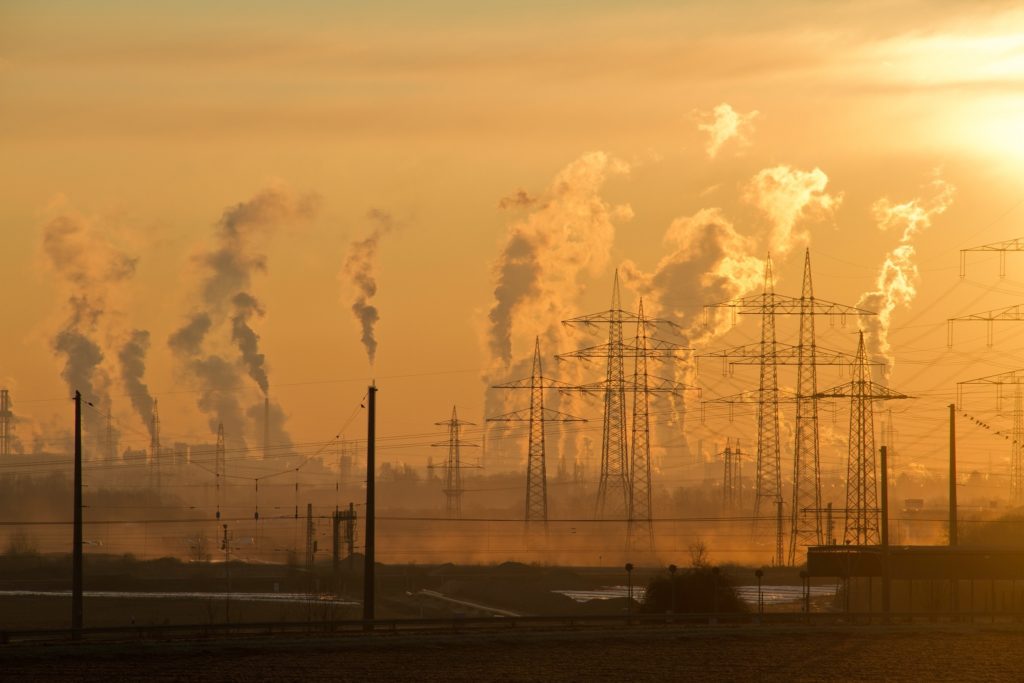
Sustainability researchers and scientists conduct Life Cycle Assessments to understand the environmental impact of new products, initiating an opportunity to evaluate and reduce greenhouse gas emissions outputs. Until now, those assessments largely focused on today’s greenhouse gas impacts. Now, mechanical engineering PhD candidate Evan Sproul, former student Jay Barlow, and Associate Professor Jason Quinn have developed a new LCA method, allowing them to assess how the impact of greenhouse gas emissions change in the future.
Sproul, Barlow, and Quinn are the first to fill this gap in sustainability modeling, and were recently acknowledged by publication in Environmental Science & Technology. By accounting for time in their new LCA method, the team can to assess impacts of greenhouse gas emissions over the next 30 years, determining that 1 kg of carbon has a higher impact in the future than the present day, due to changes in atmospheric composition and economic considerations.
“Just like economic assessments use the time value of money, it’s important that life cycle modeling adhere to the same time law so we can understand how emissions will impact our planet in the future,” said Quinn.
This new LCA method could potentially transform the sustainability industry, allowing the field to stay ahead of the curve in predicting how emissions will impact our world and, as a result, develop the best technology to address it. “What we are doing is changing the way people think about carbon accounting. It has the potential to do the same thing the microbrewery industry did to the beer world or organic did to the food world,” said Quinn.